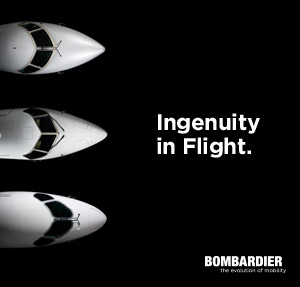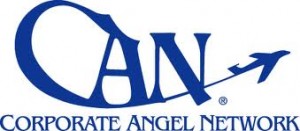CIT AEROSPACE Places $200 Million Order for CFM56-5B Engines
Written by thomas · Filed Under CommercialSeptember 8, 2008
EVENDALE, Ohio — September 8, 2008 — CIT Aerospace today announced that is has selected CFM International’s CFM56-5B engine to power 15 firm Airbus A320 family aircraft. The order is valued at approximately $200 million (U.S.) at list price and the aircraft are scheduled for delivery through 2015.
CFM56-5B engines are produced by CFM International, a 50/50 joint company between Snecma (SAFRAN Group) and General Electric Company.
“We have built a great relationship with CIT over the years and are very excited to help them with their growth through the selection of the highly reliable CFM56-5B engines to power the A320 family of aircraft, ” said Bill Clapper, executive vice president of CFM.
CIT Aerospace is a long-time CFM customer and has taken delivery of a total of 50 CFM56-5B-powered A320s to date. The company also has either on order or in service 46 CFM56-7B-powered Boeing Next-Generation 737-800 and 737-900 aircraft.
CIT is one of the world’s largest publicly held commercial finance organizations with more than $70 billion in managed assets. CIT Aerospace, a unit of CIT, provides financing solutions to a broad spectrum of the global aerospace value chain ranging from operators of commercial and business aircraft to manufacturers and suppliers in the aerospace and defense industries as well as financial institutions. CIT owns or finances a fleet of more than 300 commercial and business aircraft leased and financed to more than 100 airlines around the world.
All of CIT’s new CFM56-5B engines will be in the Tech Insertion configuration. This technology will provide operators with a 1 percent improvement in fuel consumption over the life of the product, compared to the base CFM56-5B engine. This lower fuel consumption will also lower CO2, reducing these emissions by 200 tons per aircraft per year. Improved analytic design tools have also enabled CFM to further optimize the Tech Insertion combustor so that it will provide 25 percent lower NOx emissions.
Over the engine’s life cycle, Tech Insertion will also provide operators with longer time on wing and will lower maintenance costs by between five and 12 percent, depending on the thrust rating. These benefits are achieved through improvements to the high-pressure compressor and the high- and low-pressure turbines.
» Próximo Post - AFRIQIYAH AIRWAYS RECEIVES FIRST AIRBUS A319
« Post Aneterior - ExecuJet Aviation Group to expand completions activity
Comments
¿Tiene algo que decir?
You must be logged in to post a comment.







